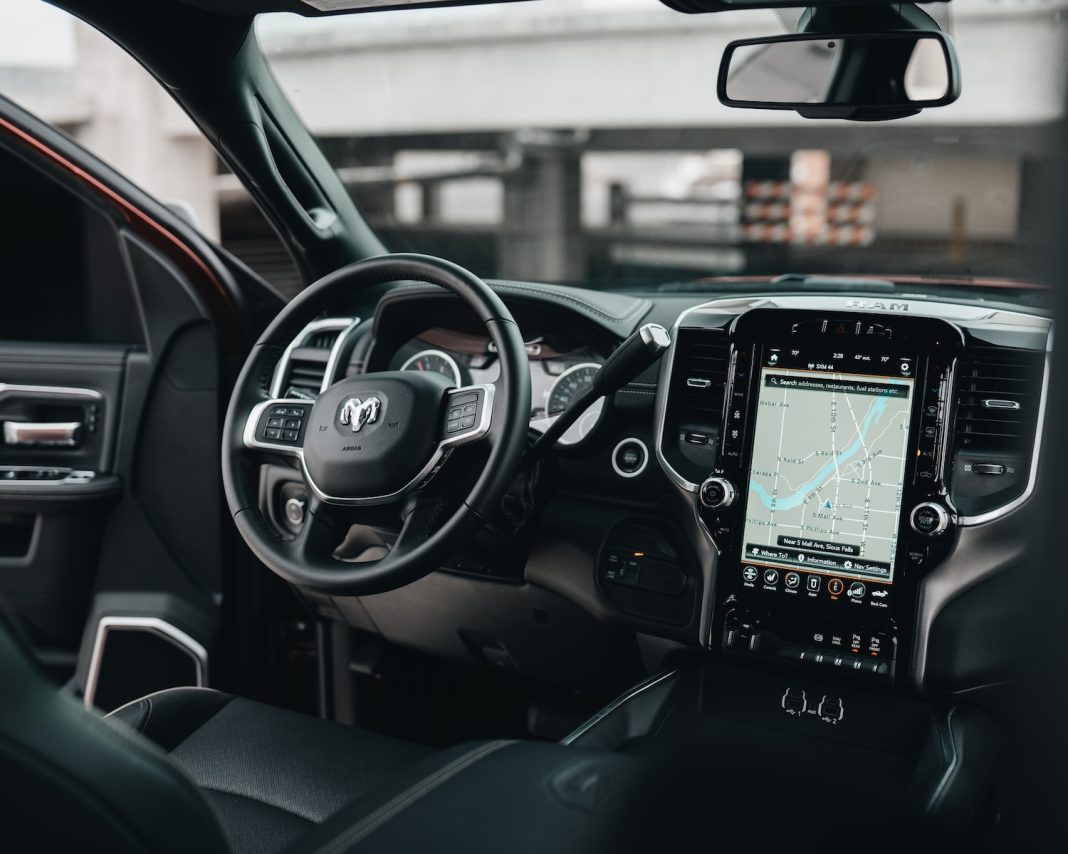Shanghai-based electric vehicle (EV) manufacturer Nio has achieved a significant milestone in the EV landscape, unveiling a groundbreaking battery technology capable of powering a vehicle for over 1,000 kilometers on a single charge. The company’s chief executive demonstrated the revolutionary battery during a 14-hour live-stream, showcasing the capabilities of the 150kWh battery in Nio’s all-electric ET7 vehicle.
The cutting-edge battery, set to enter mass production in April 2024, positions Nio at the forefront of the race for extended EV range. According to company statements, this battery currently holds the title for the world’s highest energy-density pack in mass production, offering not only an unprecedented range but also ensuring top-tier safety performance.
During the endurance challenge, the vehicle covered a remarkable distance of 1,044km, maintaining an average speed of 84km/h during the cross-province journey from Zhejiang to Fujian. Another test reportedly covered an even greater distance of 1,145km, although the specifics of this accomplishment were not publicly broadcast.
Nio’s approach to EV charging is unconventional, relying on a battery-swap system rather than conventional plug-in charging. The proprietary mechanism developed by the company enables an empty battery to be swapped with a fully charged one in under three minutes, a timeframe comparable to refueling a traditional fuel-powered vehicle. This approach addresses concerns about lengthy charging times that often accompany electric vehicles.
Nio’s distinctive charging system allows customers to purchase a vehicle without a battery, opting instead for a monthly subscription fee to access batteries within the extensive Nio Power Swap network. The company’s president emphasized the cost-effectiveness of this model, stating that acquiring the new 150kWh battery outright would cost approximately 298,000 yuan (£33,000) – a figure comparable to the price of a Tesla Model 3.
In advocating for a subscription-based approach, Nio aims to make EV ownership more accessible and economically viable for a broader range of consumers. The company stated, “Nio initiated battery swap from the outset, prepared to open its technologies and infrastructure to the entire industry,” likening their strategy to the cloud services provided by internet companies.
The Power Swap network and Power Cloud, developed by Nio, have followed a strategic path akin to internet companies, commencing with internal development and infrastructure creation before opening up to other industry players. Nio’s commitment to innovation and collaboration is evident from its disclosure in November that the company has facilitated over 32 million battery swaps through its network of more than 2,000 Power Swap Stations worldwide.
The transition toward a battery-swap model aligns with Nio’s vision of establishing an open and interconnected EV infrastructure, fostering industry-wide adoption of electric vehicles. The company’s unique approach not only challenges traditional charging methods but also positions Nio as a pioneer in shaping the future of sustainable and convenient electric transportation.
As Nio gears up for the mass production of its revolutionary 150kWh battery, the electric vehicle industry anticipates the potential paradigm shift that could result from Nio’s innovative approach to battery technology and charging infrastructure. With its extended range, swift battery swapping, and commitment to collaboration, Nio stands poised at the forefront of revolutionizing how the world views and embraces electric vehicles.


